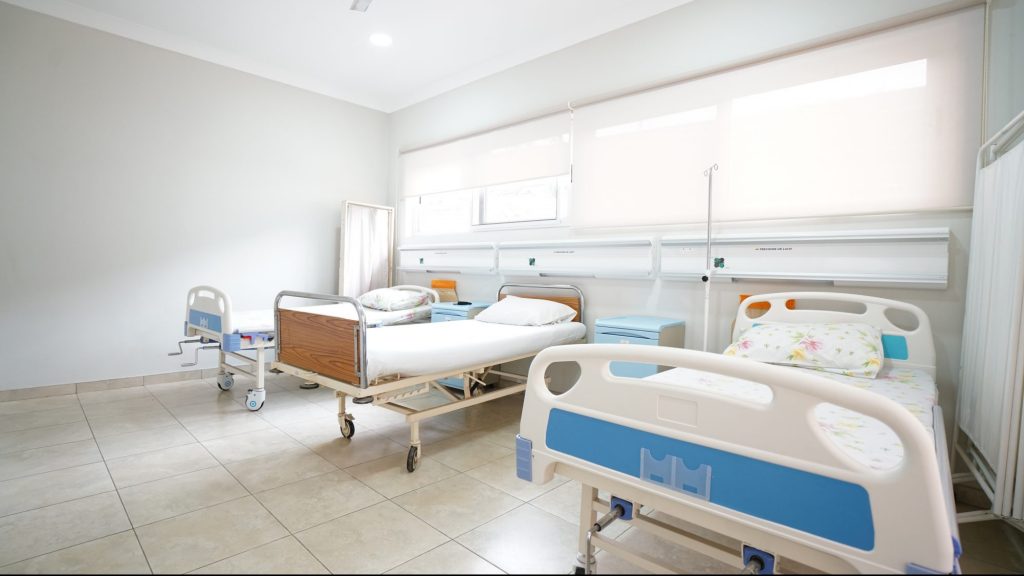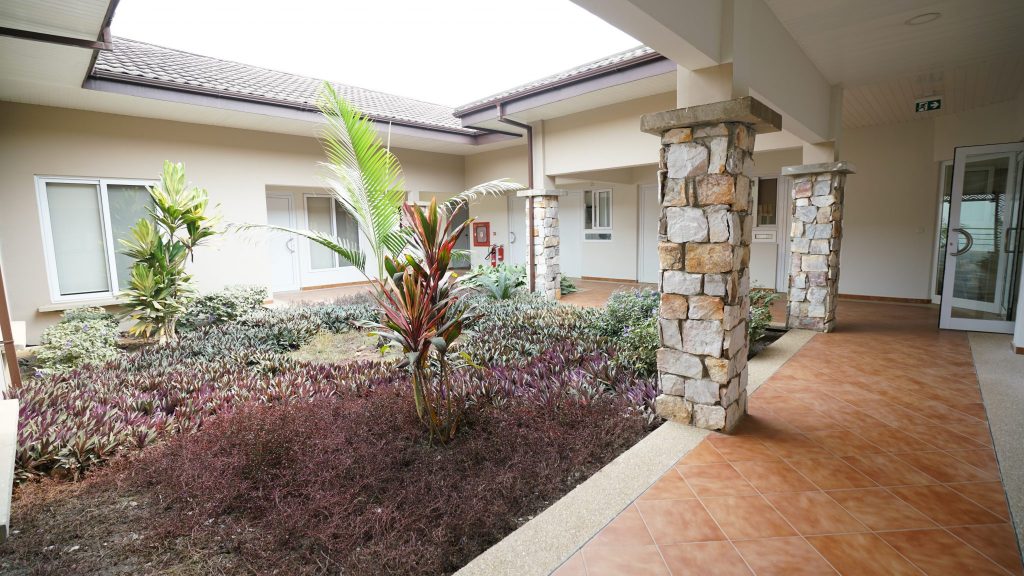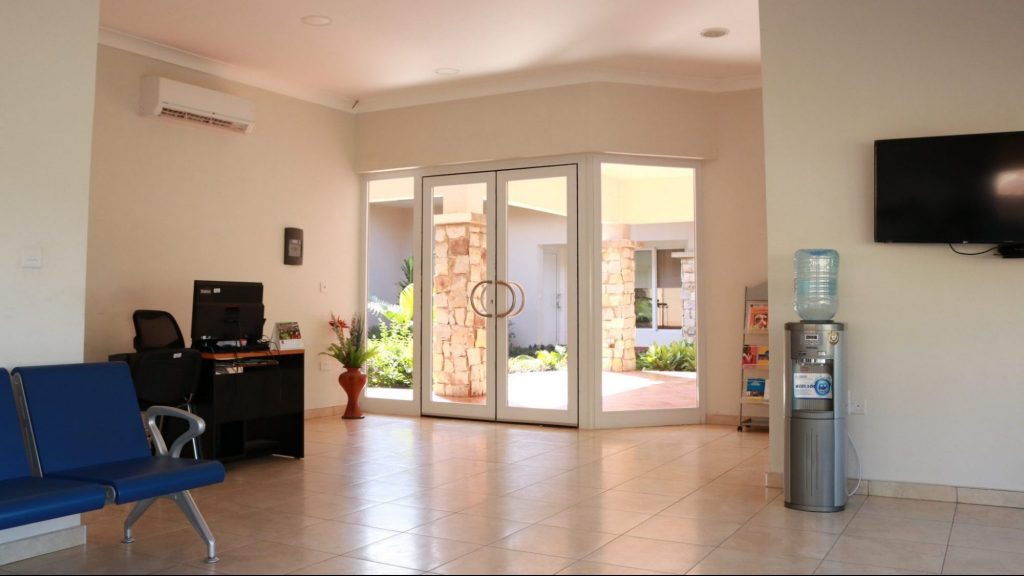 Longtime Ashesi advocates David Pablo Cohn and Devon Cohn funded Ashesi’s new health center, which provides high-quality health care to our students, staff, and faculty. We spoke with the couple about what inspired them to support the project, and their hopes for Ashesi’s future.
Longtime Ashesi advocates David Pablo Cohn and Devon Cohn funded Ashesi’s new health center, which provides high-quality health care to our students, staff, and faculty. We spoke with the couple about what inspired them to support the project, and their hopes for Ashesi’s future.
How did you become connected to Ashesi? What inspired you to get involved?
Around the end of 2009, we were preparing for our first trip to West Africa. In addition to a week in Liberia, we were going to be making site visits around Ghana to lay the groundwork for an upcoming Philanthropy Workshop West trip. That trip was designed to introduce participants to the challenges and opportunities for strategic philanthropy overseas.
David stumbled across Patrick’s 2007 TED talk while trying to find candidate sites for the visit, and it took our breath away. Patrick verbalized the strategic vision behind Ashesi so eloquently and compellingly that I think we forwarded the link to everyone we knew.
The Philanthropy Workshop organizers reached out to Patrick and asked if he’d be willing to meet with us; when he agreed, they made one additional ask: since Ashesi would be our group’s first site visit, could he recommend a way for us to get some on-the-ground orientation for Ghana’s most pressing problems?
He graciously agreed to this, too. But in a move that we now recognize as characteristic of Patrick’s strategic thinking, he handed us off to three Ashesi undergrads to provide the actual orientation. At first, we thought we were getting blown off. But we quickly realized the brilliance of his decision: not only were the student presentations illuminating, detailed and comprehensive, they demonstrated that the Ashesi approach bred students who really lived up to Patrick’s ideals. These were young men and women, we realized, who really could change the course of an entire continent.

In your opinion, what is the most important work that Ashesi does?
Ashesi is managing to change the conversation about the purpose of a college education. Instead of students focusing on how an education will benefit them, Ashesi students are learning to ask how their education will equip them to change the world for the better.
Changing this perspective system-wide is a monumental task, but as Ashesi students graduate and carry this ethos into government and industry, they become role models for others. Success breeds emulation, and we believe that as other, larger institutions strive to be “more like Ashesi,” the Ashesi model will gradually, but inevitably change the nature of education – and society at large – in West Africa.

As noted in your interview with the New York Times, you decided to independently fund Ashesi’s new student health center. What inspired you to give so generously to a specific project?
As a small family foundation, we are able to move quickly and can make high-risk grants without fear that we’re going to be called in front of “the board” to justify some project that failed.
Over the years, we’ve funded a lot of projects that have failed. But enough of them have succeeded to make us comfortable with the philosophy of (as we like to say), making tactical interventions to unlock strategic opportunities.
Last year we were reviewing our foundation’s succession plan and asked ourselves the question: if we were all to be hit by a truck tomorrow, where would we want the foundation’s last grants to go? And of all the projects we’ve funded, Ashesi stood out as the one that had the greatest chance of having the largest long-term impact.
That realization led to the next question: if we were comfortable with the idea of making a large bequest to Ashesi in our will, wouldn’t that money do much more good now, rather than some time off in the (hopefully) distant future?
Joanna Bargeron, Vice President of Ashesi University Foundation, briefed us on Ashesi’s current projects and, given our involvement in other healthcare-related efforts, funding the planned student health center seemed like an excellent match between our ability to contribute and the university’s needs.

Where do you hope to see Ashesi in ten years?
Ashesi has already changed the face of education far beyond the walls of its campus, even far beyond its native country. Its graduates have changed lives educating students in Liberia and led the fight against Ebola. We understand that other, larger Ghanaian universities are already being pressured to “be more like Ashesi.”
Ten years from now, we would love to see Ashesi not only finding new ways to “lead by doing” in new areas (such as with its new engineering school) but to also make the Ashesi education available beyond its home campus, with branches (or at least affiliates) across the continent.
But honestly, we’d rather not impose any external hopes and wishes on such a brilliant enterprise. From our first meeting, we learned to implicitly trust Patrick’s intuition. If we had one wish for Ashesi in ten years, it would be that it becomes whatever Patrick’s vision wants it to be.
Share this story
